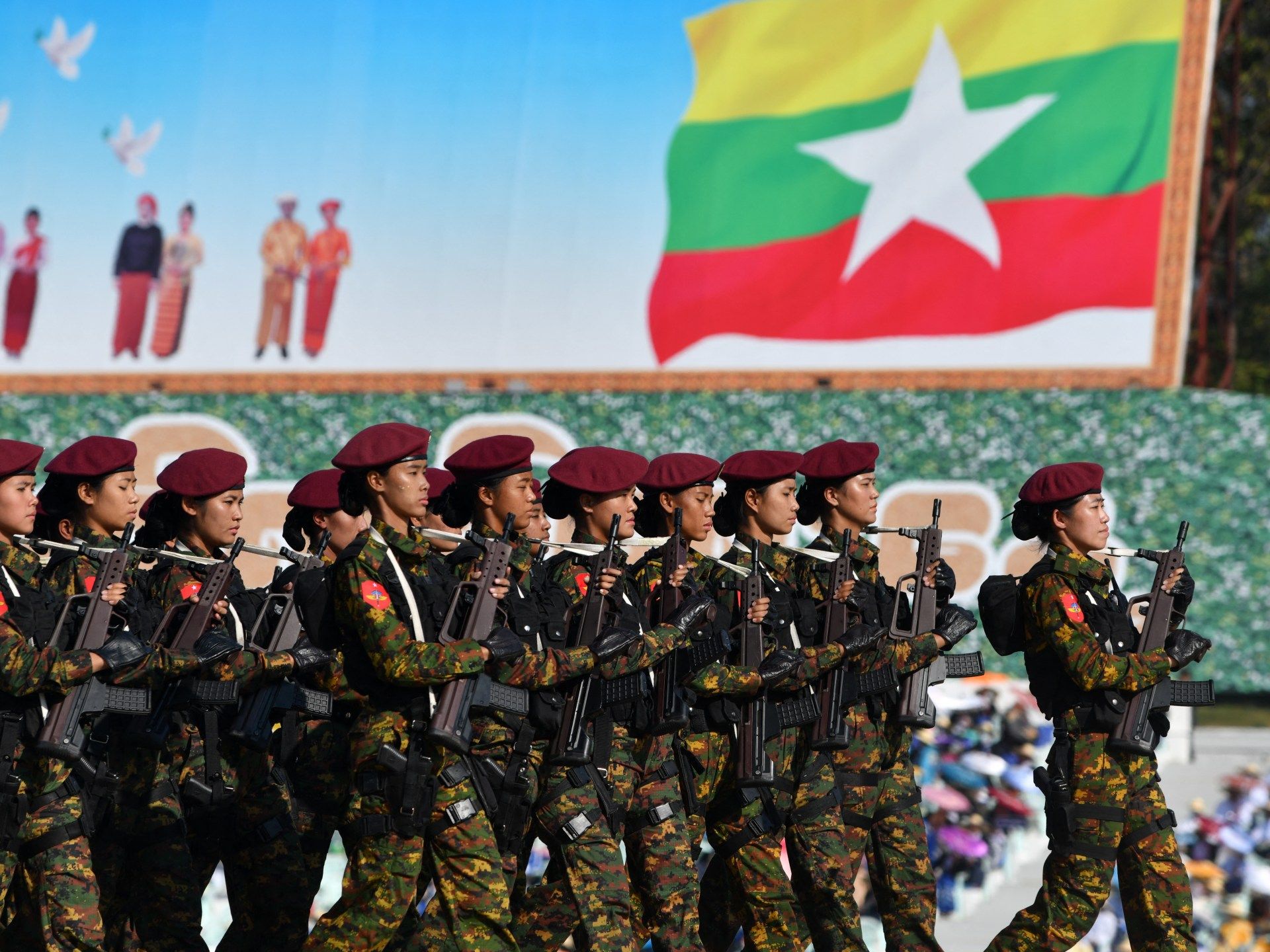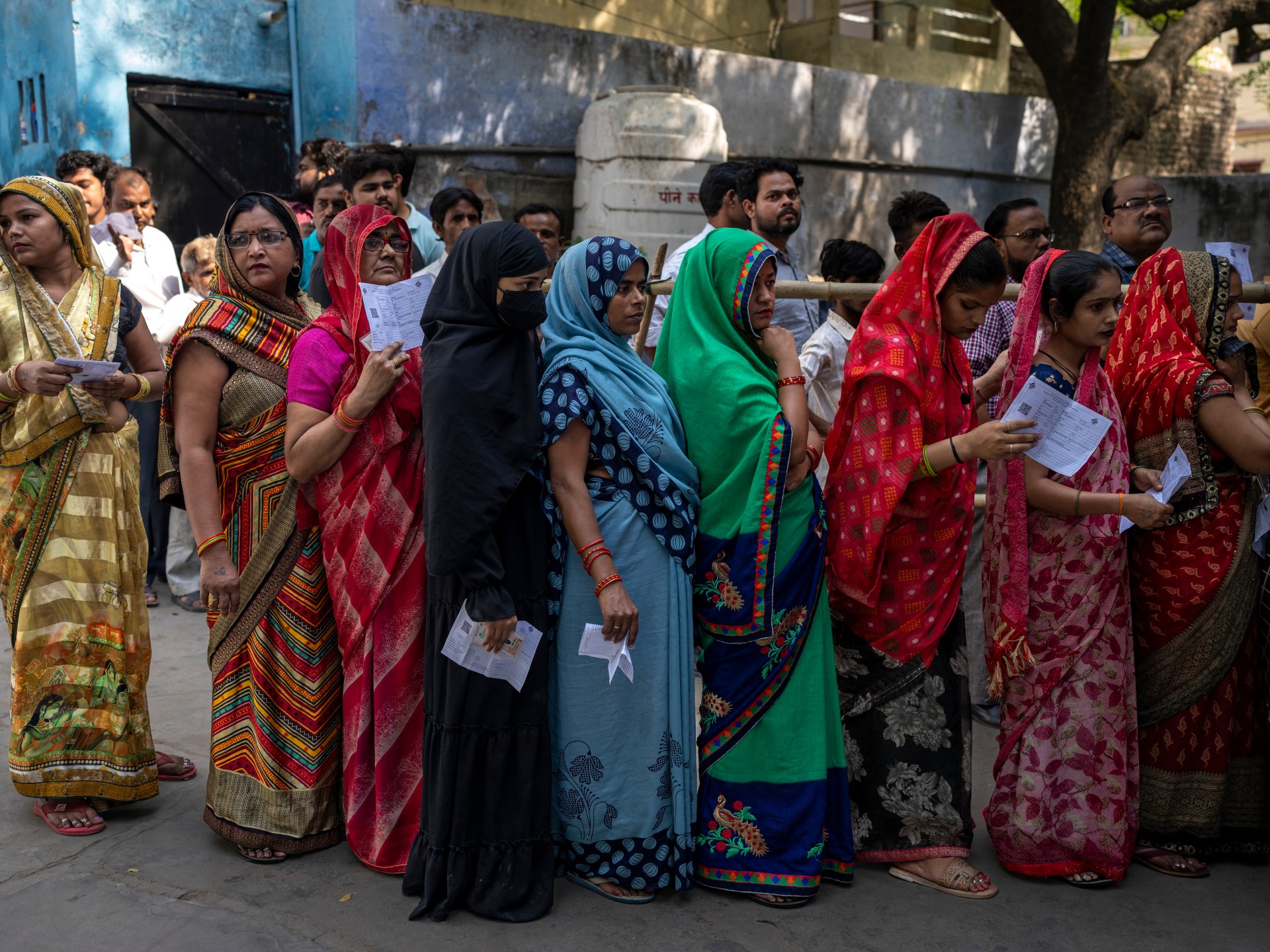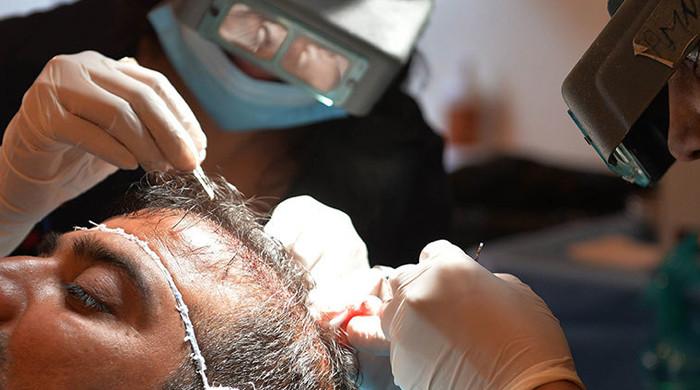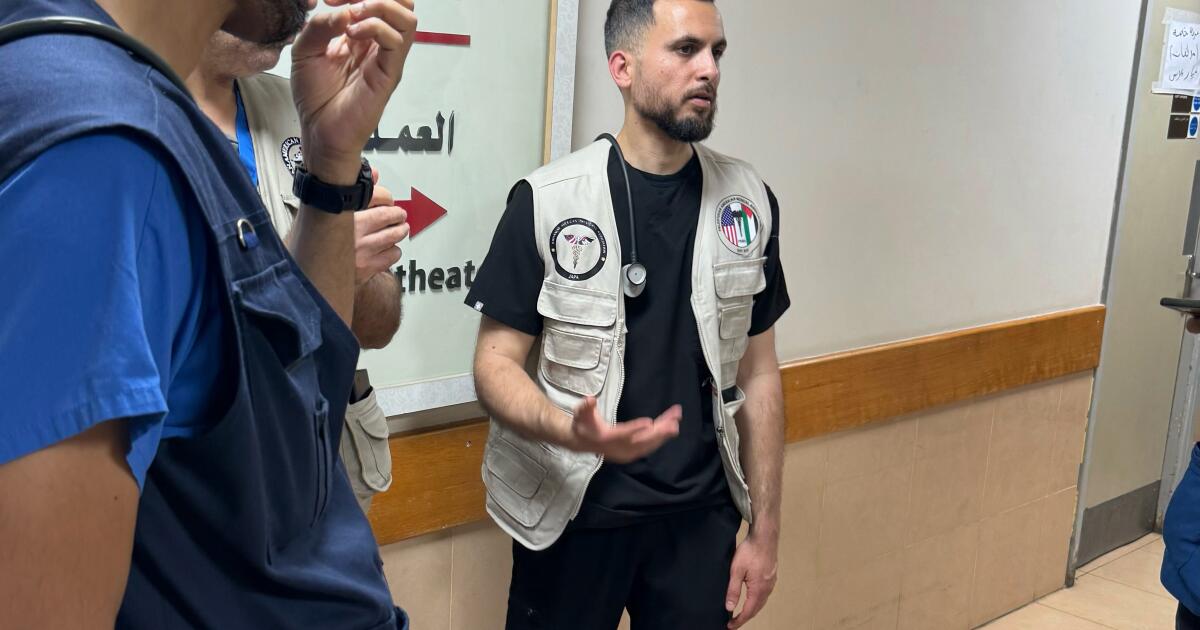A UN report concludes that 5,350 civilians have been killed by the military since the coup in February 2021.
Myanmar's military government has stepped up killings and arrests in an apparent bid to silence opponents, with tens of thousands of people detained since a 2021 coup, according to a United Nations report.
The military seized power in February of that year, overthrowing the elected civilian government of Aung San Suu Kyi and triggering nationwide street protests that were violently suppressed.
The protest movement has since turned into an ever-widening armed rebellion and fighting has erupted on multiple fronts, prompting authorities to introduce compulsory military service in February.
On Tuesday, a report released by the United Nations High Commissioner for Human Rights, Volker Türk, said 5,350 civilians have been killed by the military since the coup. The report is based in part on remote interviews with hundreds of victims and witnesses because investigators are denied access.
Of those deaths, 2,414 people died in the latest recorded period, from April 2023 to June 2024, a 50 percent increase compared to the previous recorded period. Hundreds of people were killed in airstrikes and artillery attacks.
“Myanmar is plumbing the depths of the human rights abyss,” said James Rodehaver, head of the Myanmar team at the UN human rights office.
Speaking to reporters in Geneva, Rodehaver said: “Myanmar’s military has created the crisis by instrumentalising the legal system and criminalising almost all forms of dissent in its attempts to govern the country.”
The UN report also revealed that nearly 27,400 people have been arrested since the coup and are believed to be held in military training centres.
Among those abducted by the authorities are children who were kidnapped when their parents could not be located “as a form of punishment for their political opposition,” the report said.
U.N. human rights office spokeswoman Liz Throssell told a news conference that at least 1,853 people have also died in custody since the coup, including 88 children.
“Many of these people have been found to have died after being subjected to abusive interrogations, other ill-treatment in detention or denial of access to adequate health care,” he said.
Rodehaver added: “Detainees interviewed by our office describe methods such as being suspended from the ceiling without food or water, being forced to kneel or crawl over hard or sharp objects, the introduction of animals such as snakes or insects or other wild animals to incite fear and terror in individuals.”
Others, he said, described beatings with iron poles, bamboo sticks, batons, rifle butts, leather strips, electric cables and motorcycle chains.
The Myanmar military has yet to respond to the UN report.
Turk reiterated his recommendation that human rights violations in Myanmar be referred to the International Criminal Court.












